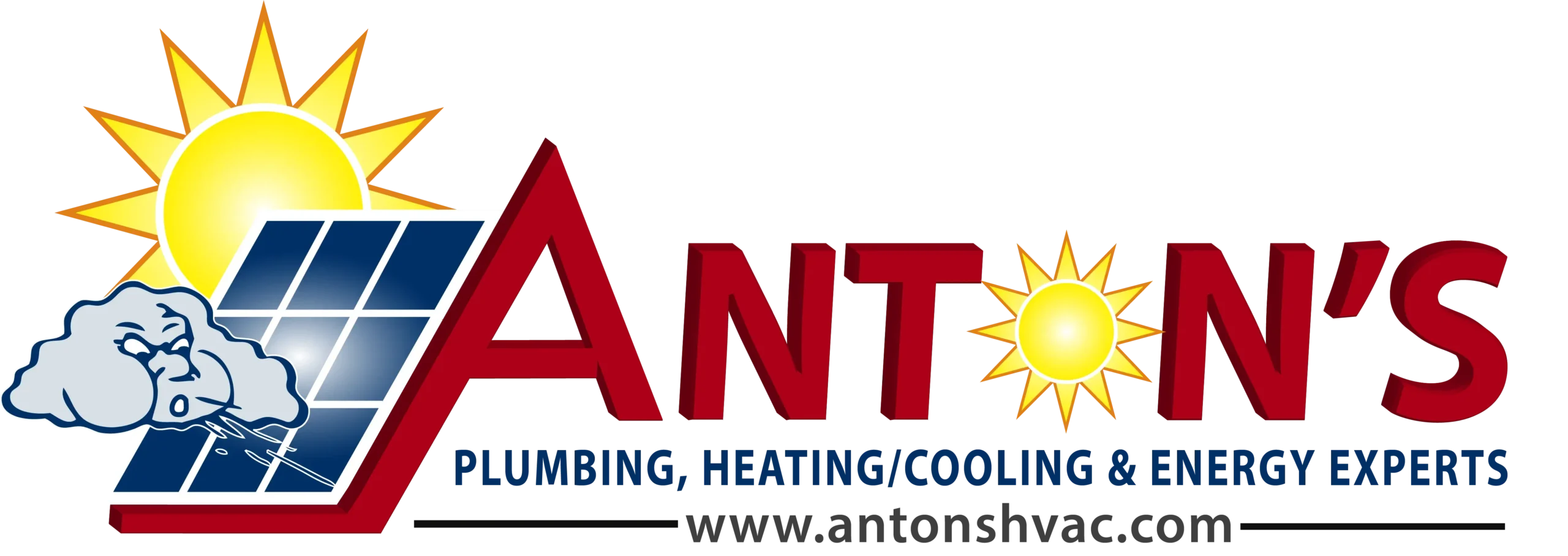Did you know that July temperatures in Missouri range from 87°F to 90°F? Hot and humid weather is not uncommon in this part of the country, and a functioning AC unit is critical for cooling you down when summer rolls around.
Have you wondered how to make the winter/summer HVAC switch? Since you haven’t used your AC unit in a few months, taking some prep time before can help you identify and avoid costly repairs.
At Anton’s Plumbing, Heating/Cooling and Energy Experts , we have put together a complete guide that will go over common tips and tricks for getting your HVAC system ready for the hot summer ahead!
Keep reading on for more information.
What Is an HVAC?
HVAC is your heating, ventilation, and air conditioning system. In Missouri, during the winter, you likely don’t need your air conditioning unit that often.
Now that summer is quickly approaching, are you ready for potential AC repairs?
Many HVACs are split systems, meaning you have one air conditioning unit and one furnace. Here are some different types of air conditioners:
Swamp coolers
Central air conditioner
Window units
Wall-mounted units
Portable units
Mini-split systems
Furnaces are the most common HVAC component in the heating system.
Most Popular Air Conditioning Unit
Central air conditioners are the most popular and common AC units. A high-quality air conditioner will have a compressor, condenser, and evaporator.
Most experts recommend replacing your air conditioning unit if it is more than ten years old. Why?
Newer models are much more energy-efficient and could save you between 20% and 40% on your energy bills! A central air conditioning unit is ideal in Missouri because it helps remove humidity.
Swamp coolers are not as effective, and you may consider switching if that is what you have in your home currently. Central ACs include indoor and outdoor units that act as evaporators and compressors.
How does this process work? The indoor unit absorbs inside air and cools it with refrigerant. The warmed refrigerant is pushed into the compressor unit outside, where it is cooled back down and recycled through.
The process continues until the air conditioning unit shuts off. Unfortunately, the long winter months mean your AC unit has not been cycling refrigerant or air in quite some time, and there are a few things that can go wrong when you use your unit for the first time.
Winter/Summer HVAC Switch
Here are some AC maintenance checklist items when you make the winter to summer HVAC switch:
Check filters
Check airflow leaks or obstructions
Clean coils and condensers
Clear debris
Check your thermostat
Schedule a maintenance check
Checking air filters, debris, and thermostat readings are the easiest DIY projects on this list. If you don’t need a new AC unit, your ductwork, coils, and condensers should be operating smoothly, although an HVAC maintenance crew can double-check for you.
Clear Away Any Debris
First, check your outside and inside units and sweep away any leaves, dirt, dust, and other objects gathered over the winter. Debris around your coils can clog lines and cause long-term problems and expensive repair costs.
When units aren’t regularly cleaned, they also cause added strain on your system and reduce its lifespan. Dust can circulate into your system and increase the risk for allergies and other irritants.
HVAC experts use high-powered vacuums that help clean ducts and lines. While you can sweep away obvious dirt and grime build-up, leave the in-depth cleaning to the professionals.
Replace Air Filter
The next easy part you can do yourself is replacing an air filter. Air filter replacements should be changed out every three months.
If you purchase a high-quality pleated air filter, it may last even longer. For homeowners with pets or family members with allergies, air filters can be swapped every two months.
Luckily, the process is easy and cost-friendly. Simply visit your local hardware store and find the air filter that fits your HVAC system.
Some filters are screwed in, while others pop off easily. Follow the directions and arrows on the filter to place it correctly. When you don’t regularly change air filters, your air conditioning unit works harder, increasing energy costs and repairs.
Check Your Thermostat
Many times, problems with HVAC systems are related to your thermostat. It may need new batteries or programming. If your thermostat isn’t registering the temperature properly, your AC unit will kick on and off (or maybe not at all).
Constantly turning on and off adds strain to your system and may cause problems down the road. When you switch from winter to summer with your HVAC, check the programming on your thermostat and stick around for a bit while your AC unit switches on.
HVAC Repair and Maintenance
Last but not least, you should have your HVAC professionally checked bi-annually. Most homeowners pick spring and fall for their maintenance checks.
If having your HVAC unit checked twice a year isn’t doable, aim for annual HVAC maintenance checks. The benefits include:
Fewer repairs and costs
Improved energy-efficiency
Improved longevity
Ensures your warranty is intact
Better indoor comfort
Improved safety
The experts can catch problems early on and advise when you should swap to a new unit!
Start the Summer off Right
You can start the summer off on the right foot by scheduling your annual HVAC maintenance. Before the experts check your AC’s refrigerant, lines, and ductwork, you can take the initiative on your winter/summer HVAC switch.
Start by clearing away debris, replacing your filter, and double-checking your thermostat. If you hear loud noises, bad smells, or your AC unit is only blowing warm air; you may have bigger problems on your hands.
Don’t wait until the problem gets worse; contact us today and get your appointment scheduled!
